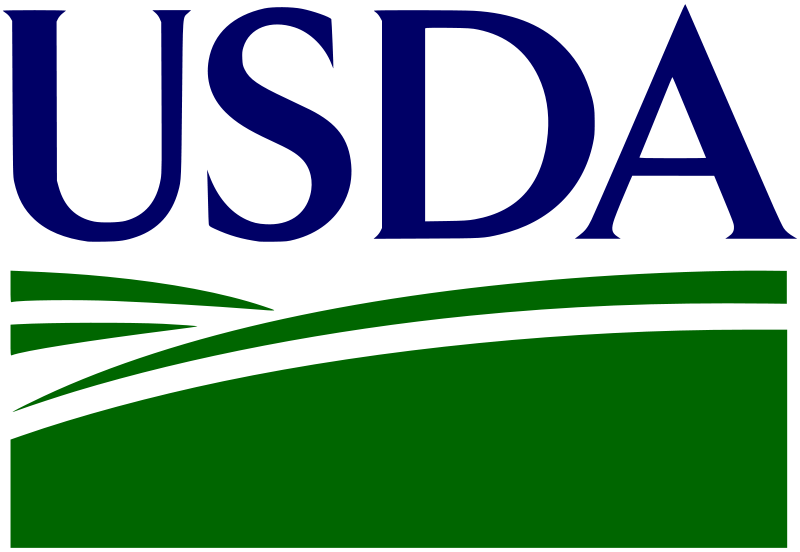DayCent and SWAT connection
Short-term goal (done by mid-summer):
We want to make SWAT and DayCent communicate effectively for the sample Lake Fork model in the following scenarios in order of priority:
1) water quantity
2) N, C, S, and P… nitrous oxide(?), nitrate, ammonium, nitrite
3) salinity (sulfate, Mg, Ca, Na, Cl, carbonate)
Upcoming meetings to help move the process forward:
- Yao – meet with the programmers just to learn how to build DayCent from its code
- Jeff & Yao & I & Dave – meet to discuss how to connect the automatic data collection and delineation applied as SWAT and DayCent input data
- Ryan & Yao & Neil Hansen – get his data from him (I forgot what type of data that was already)
How to reach our goal:
Yao:
- identify the best location in SWAT code to call DayCent
- list variables in SWAT code to give to DayCent for crop production and soil water calculations
- list variables in DayCent to pass back to SWAT and MODFLOW as deep percolation
- create a separate source code file that will perform the connection between DayCent and SWAT
- test this model first at the Lake Fork sample location
- collect data for calibration purposes in the South Platte River Basin: crop yield, root growth, N, C, S, P in soil (field scale)
Tyler:
- Send Yao the version of SWAT code that is linked with MODFLOW



Leave a Reply
You must be logged in to post a comment.